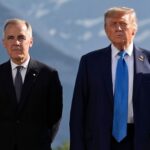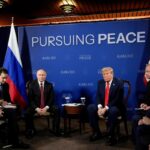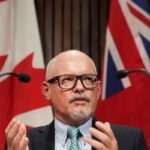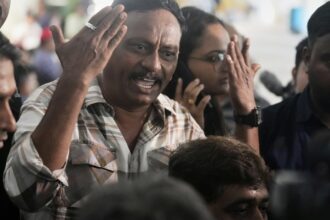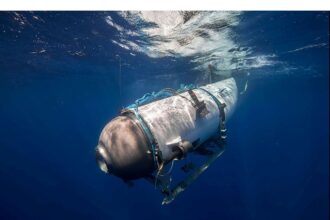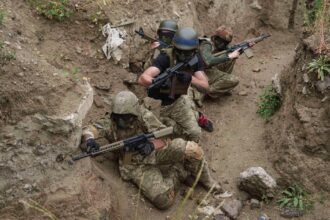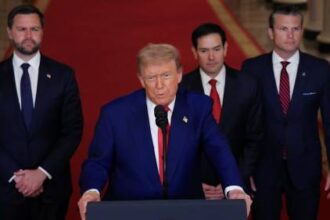The international community stands at a precarious crossroads as tensions between Iran and Western powers continue to simmer beneath a fragile diplomatic veneer. Speaking at an emergency Security Council briefing yesterday, Canada’s UN Ambassador Louise Blais delivered a stark assessment of Iran’s current posturing on the global stage, suggesting the regime’s rhetoric may outpace its actual military capabilities.
“Iran would clearly like to project an image of strength and escalation readiness, but our intelligence suggests a significant gap between their public posturing and actual operational capacity,” Ambassador Blais stated during the closed-door session, according to sources familiar with the proceedings.
The ambassador’s comments come amid increasing provocations from Tehran following the implementation of new sanctions targeting Iran’s ballistic missile program earlier this month. While Iranian officials have threatened “decisive and overwhelming responses” to these measures, Blais emphasized that Canada’s intelligence assessments indicate Iran faces substantial logistical and resource constraints that limit its ability to sustain any significant military action.
“What we’re witnessing is largely strategic messaging designed for domestic consumption and regional intimidation,” Blais explained to council members. “Our analysis suggests Iran’s actual capacity for sustained military operations beyond its immediate sphere of influence remains considerably limited.”
This assessment aligns with recent reports from the International Institute for Strategic Studies, which highlighted critical shortfalls in Iran’s air defense systems and precision-guided munitions capabilities. These deficiencies potentially undermine Iran’s ability to execute the kind of sophisticated operations its leadership has threatened in recent public statements.
Military analysts observing the situation have noted that while Iran maintains robust asymmetrical warfare capabilities through proxy groups, its conventional military hardware has suffered from decades of sanctions and technological isolation. Dr. Eliza Montgomery, director of Middle East Security Studies at the Royal Military College of Canada, told CO24 that “Iran’s military industrial complex has demonstrated remarkable resilience and innovation under pressure, but significant capability gaps remain unaddressed.”
The Security Council briefing occurred against the backdrop of heightened naval activity in the Strait of Hormuz, where Iran’s Revolutionary Guard Corps has conducted a series of exercises involving fast attack craft and anti-ship missile drills. These maneuvers have raised shipping insurance premiums by nearly 35% since January, according to Lloyd’s of London data, impacting global energy markets.
Canadian interests in the region remain substantial, with over $3.8 billion in annual trade flowing through Persian Gulf shipping lanes. Foreign Affairs Minister Mélanie Joly has emphasized Canada’s commitment to freedom of navigation principles while supporting diplomatic efforts to deescalate tensions.
“We continue to advocate for a return to the negotiating table,” Ambassador Blais stated. “Canada believes Iran’s economic and social development would be better served through diplomatic engagement than through military posturing that threatens regional stability.”
The ambassador’s comments represent some of the most direct Canadian assessments of Iran’s military capabilities in recent years, signaling a potentially more assertive diplomatic stance as Canada continues its two-year term on the UN Security Council.
As global powers recalibrate their approaches to Iran, the fundamental question remains: will Tehran’s leadership recognize the limitations of military confrontation and pivot toward diplomatic solutions, or will domestic political pressures drive continued escalation despite operational constraints?


